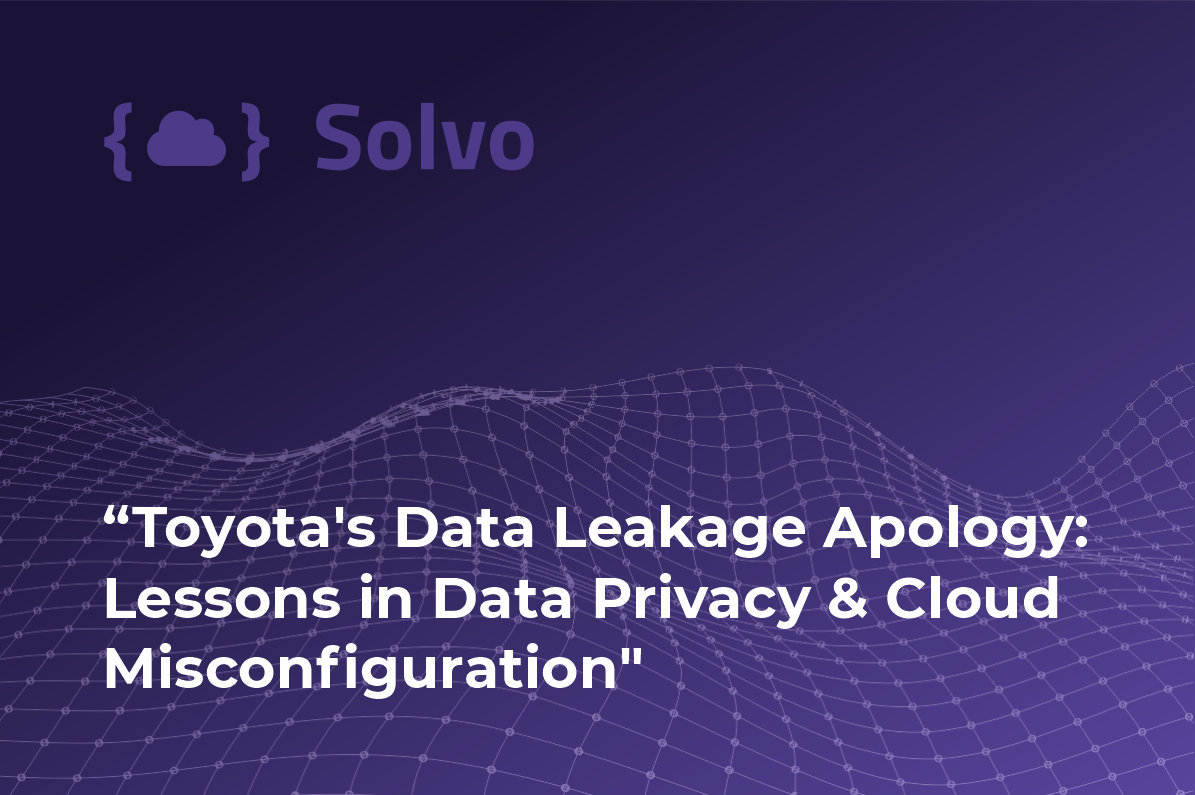The automotive industry has witnessed a significant shift towards utilizing cloud technologies and collecting data from vehicles. This data collection serves several crucial purposes, including enhancing vehicle performance, improving safety features, and providing valuable insights for future innovation. Cloud-based systems enable manufacturers to gather real-time information about vehicle performance, maintenance needs, and driver behavior, allowing them to optimize their products and provide personalized services. However, as data collection and cloud integration become more prevalent in the automotive industry, robust security measures become paramount. Manufacturers must implement stringent protocols to protect the data collected from vehicles, including robust encryption methods, multi-factor authentication, regular security audits, and continuous monitoring. Additionally, strict access controls and data anonymization techniques should be employed to safeguard customer privacy. By prioritizing data security and privacy, the automotive industry can continue to leverage the power of the cloud and data analytics while maintaining trust with its customers.
The Incident
Toyota discovered that sensitive data belonging to its customers and business partners had been exposed due to a misconfigured cloud storage system. The misconfiguration inadvertently allowed unauthorized access to the data, potentially exposing personal and financial information. During the data leakage incident, it was determined that the exposed data was accessible between October 2016 and May 2023, spanning a significant duration of time. The compromised customer details included sensitive information such as addresses, names, phone numbers, email addresses, customer IDs, vehicle registration numbers, and vehicle identification numbers (VINs). Additionally, location data and timestamps associated with the vehicles were also among the exposed information. The availability of such extensive and personal data underscores the urgency for organizations to prioritize robust data protection measures and implement stringent security protocols to prevent unauthorized access and mitigate potential risks to customer privacy.
Apology and Response
Recognizing the severity of the situation, Toyota promptly issued an apology to its customers, expressing deep regret for the incident and assuring them that they are working diligently to address the issue. The company also emphasized its commitment to data privacy and outlined measures to prevent similar incidents from occurring in the future.
Toyota’s response included thoroughly investigating the root cause of the misconfiguration and strengthening its cloud security protocols. They also engaged external cybersecurity experts to perform an independent audit of their systems and processes.
Implications for Data Privacy
The Toyota data leakage incident highlights several important implications for data privacy:
Cloud Security:
This incident serves as a reminder that organizations must implement robust security measures to safeguard sensitive data stored in the cloud. Adequate configurations, access controls, and continuous monitoring are essential to prevent unauthorized access.
Importance of Data Protection:
Companies, regardless of their industry, must prioritize data protection and take proactive steps to ensure that customer and partner data remains secure. Implementing data encryption, multi-factor authentication, and regular security audits are crucial aspects of a comprehensive data protection strategy.
Compliance and Regulations:
Organizations must comply with relevant data protection laws and regulations, such as the General Data Protection Regulation (GDPR) and the California Consumer Privacy Act (CCPA). Compliance ensures proper protocols are in place to handle and protect personal information.
Customer Trust and Reputation:
Data breaches can significantly damage a company’s reputation and erode customer trust. Prompt and transparent communication along with appropriate remedial actions are crucial to rebuilding trust and demonstrating a commitment to data privacy.
The prolonged duration it took to detect the data leakage incident is indeed unusual and raises concerns about the effectiveness of monitoring and detection mechanisms. Timely detection of data breaches is crucial to minimize the potential damage and protect the privacy of individuals involved. Organizations must establish robust monitoring systems that actively scan for suspicious activities, anomalous behaviors, and unauthorized access attempts. Implementing advanced intrusion detection systems, security information and event management (SIEM) solutions and regular log analysis can aid in identifying potential security breaches promptly. Additionally, organizations should conduct regular security audits and penetration testing to proactively identify vulnerabilities and address them before they can be exploited. Continuous monitoring, coupled with proactive threat intelligence and swift incident response protocols, can significantly reduce the time it takes to detect and mitigate data leakage incidents, ensuring the protection of sensitive customer information.
The Toyota data leakage incident serves as a cautionary tale for businesses worldwide. It highlights the potential risks of cloud misconfigurations and reinforces the importance of maintaining robust data privacy measures. Organizations must continually evaluate their security protocols, implement necessary safeguards, and remain vigilant in the face of evolving cybersecurity threats. Data privacy is not just a legal and ethical obligation; it is a fundamental aspect of maintaining customer trust and preserving a company’s reputation in the digital age.
To address this pressing issue, organizations need a comprehensive solution that empowers their security teams and other stakeholders to proactively detect and address cloud infrastructure access risks. Solvo, a cutting-edge platform, can serve as the cornerstone of your organization’s cloud security strategy. By leveraging multi-dimensional, contextual monitoring and analysis of infrastructure resources, applications, user behavior, and associated data, Solvo enables you to stay on top of potential misconfigurations. To see how Solvo can revolutionize your organization’s approach to cloud security and mitigate the risks of misconfigurations, book a demo today.
